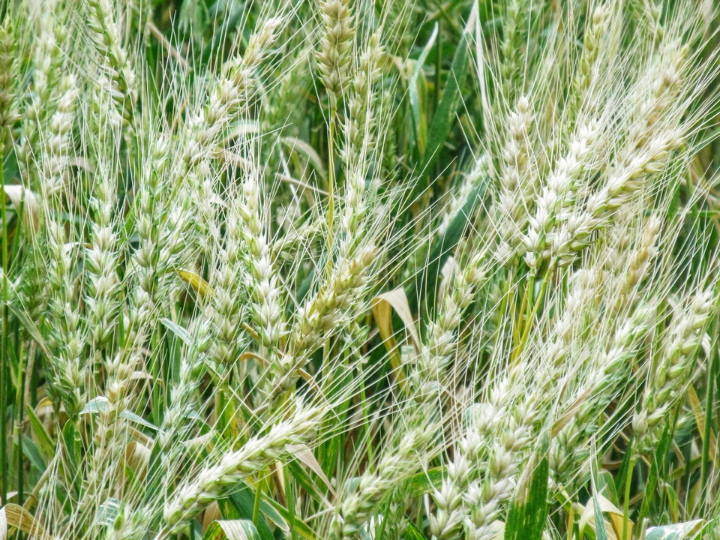by Natasha Foote
The majority of EU agriculture ministers have confirmed the push for further flexibility on environmental measures in the EU’s farming subsidy programme in a bid to increase production and plug the gap left by the Ukraine war.
Russia’s invasion of Ukraine has seen exports of grain and other key food commodities from the two agricultural powerhouses plummet, sparking fears of global food insecurity.
In efforts to counter this, the EU has allowed temporary derogations from certain environmental requirements in the EU’s farming subsidy programme, the Common Agricultural Policy (CAP) – and, if member states get their way, this could be set to continue into 2023.
“As part of our solidarity with Ukraine, virtually all the member states have called for flexibility in the framework of the CAP,” Czech Minister Zdenek Nekula confirmed in a press conference on Monday (18 July) after chairing his first meeting of EU agriculture ministers after Czechia took the reins of the EU rotating presidency on 1 July.
Concretely, this would involve extending the temporary exemptions for rules on crop rotation and the use of fallow land – in other words, farmland areas set aside for biodiversity – from this year into the next.
This is a contentious issue, with farmers’ associations and member states arguing this is needed to increase EU food production, while others warn that, in the context of the climate crisis, the EU cannot afford to sacrifice the environment on the altar of food security.
Crop rotation is the practice of growing different types of crops sequentially in the same area. Since it is particularly beneficial for soil health, it is included among the environmental practices to receive green direct payments under the current CAP.
In the current programme, in force temporarily until the end of the year, farmers with arable land exceeding 15 hectares must ensure that at least 5% of their land must be dedicated to areas beneficial for biodiversity, such as trees, hedges or land left fallow.
However, an extension of the derogation to the fallow land requirement to the next programme will have a bigger effect, as in the new CAP rules, set to enter into force from 2023, the requirement changes to 4% of fallow land for farms under 10 hectares.
This means that roughly 90% of arable land in Europe will be affected by such a derogation, with the exception of grasslands and permanent crops.
A ‘delicate balance’
While EU Agriculture Commissioner Janusz Wojciechowski acknowledged the complexity of the situation, he offered guarded support for the idea.
“In 2023 we will face uncertainties in availability and affordability of wheat, even if Ukraine’s exports via seaports resume,” he warned during the meeting of EU agriculture ministers.
“The food security situation is getting worse in Ukraine. We have to be realistic,” he said during the following press conference, noting that Russians are burning cereals in the fields and attacking store storage facilities as part of a deliberate strategy to use food as a form of blackmail.
Therefore, while he called the decision a delicate balance between long-term sustainability and short-term production needs, especially when it comes to wheat, he maintained that additional measures such as these derogations “could help contribute to addressing food availability and affordability”.
Meanwhile, the issue is compounded by the lack of water in the EU, he said, an increasingly pressing problem as an intense heatwave sweeps through swathes of Europe on the back of months of reduced rainfall.
“There are more and more arguments in favour of authorising these exceptions,” he concluded, adding that he hopes that there will be a “positive decision in the near future.”
Five member states to win CAP plan green light
Discussions also centred around the adoption of the CAP national strategic plans, through which member states will set out an individualised action plan of how they intend to meet the nine objectives of the new CAP reform.
But the Ukraine war has meant these plans have had to be overhauled since they were submitted to the European Commission for approval back at the beginning of the year.
However, after suffering a number of setbacks, the Commissioner confirmed that the Commission will launch the official approval process for five member states, including Portugal, Poland, Spain, Denmark, and France, with more on their way.
“We consider up to 10 member states may submit a new version before the summer break,” the Commissioner said.
This process is expected to take approximately 6 weeks, he said, meaning the first adoption decisions will fall in early September.
*first published in: www.euractiv.com




 By: N. Peter Kramer
By: N. Peter Kramer

